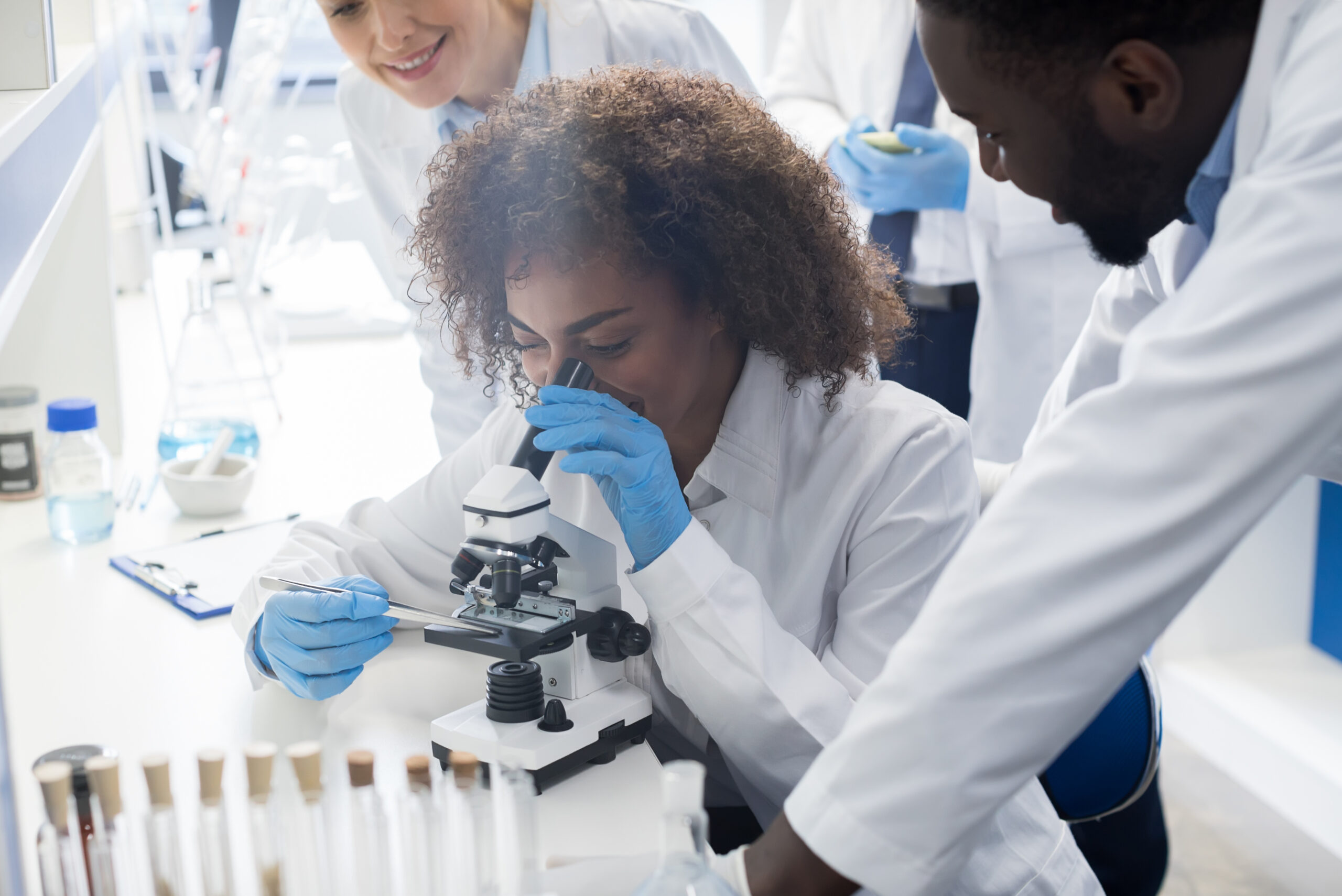Research

To help researchers find better ways to prevent, detect, treat and cure breast cancer, as well as provide improved quality of care and survivorship outcomes, it’s important to understand research and participate in research initiatives.
RESEARCH
Cancer research can help us understand how cancer starts, how it grows and how it spreads (metastasizes). It takes place in the lab where the focus all about how the cells functions in the human body so that we can have a better understanding on the differences between normal, healthy cells and cancer cells. In terms of cancer research, the goal is to find a cure to end cancer once and for all. Research, clinical trials and emerging treatments are particularly important to healthcare providers, as their main objective is to identify, diagnose and treat diseases through medication, procedures, surgery and/or therapy or more specifically to breast cancer – surgery, radiation, chemotherapy, immunotherapy.
However, we all know that each and every body comes in different shapes, ages and sizes and if we only look through a standardized lens, some treatment protocols may be over looked. As we work to find a cure, it is also important to study how to improve patients’ quality of life and their quality of care during and after breast cancer. Survivorship is still an area that can benefit from research and programmatic efforts. While we celebrate being declared cancer-free, it is important to study the lifestyle, psycho-social, family, emotional and mental needs of the patient going forward. Further, those diagnosed with metastatic breast cancer, can’t get busy living unless they have a good quality of life, supported by more navigational tools and support.
A holistic approach to research is important – one that includes the cure and survivorship, so that we marry and balance the knowledge we gain in the lab with lives and stories of real life people who have experienced breast cancer. In this way, we can empower all those affected by this disease, through the entire lifecycle, and bring light to millions of people who hear the words “you have cancer”, so they know they are not alone.
